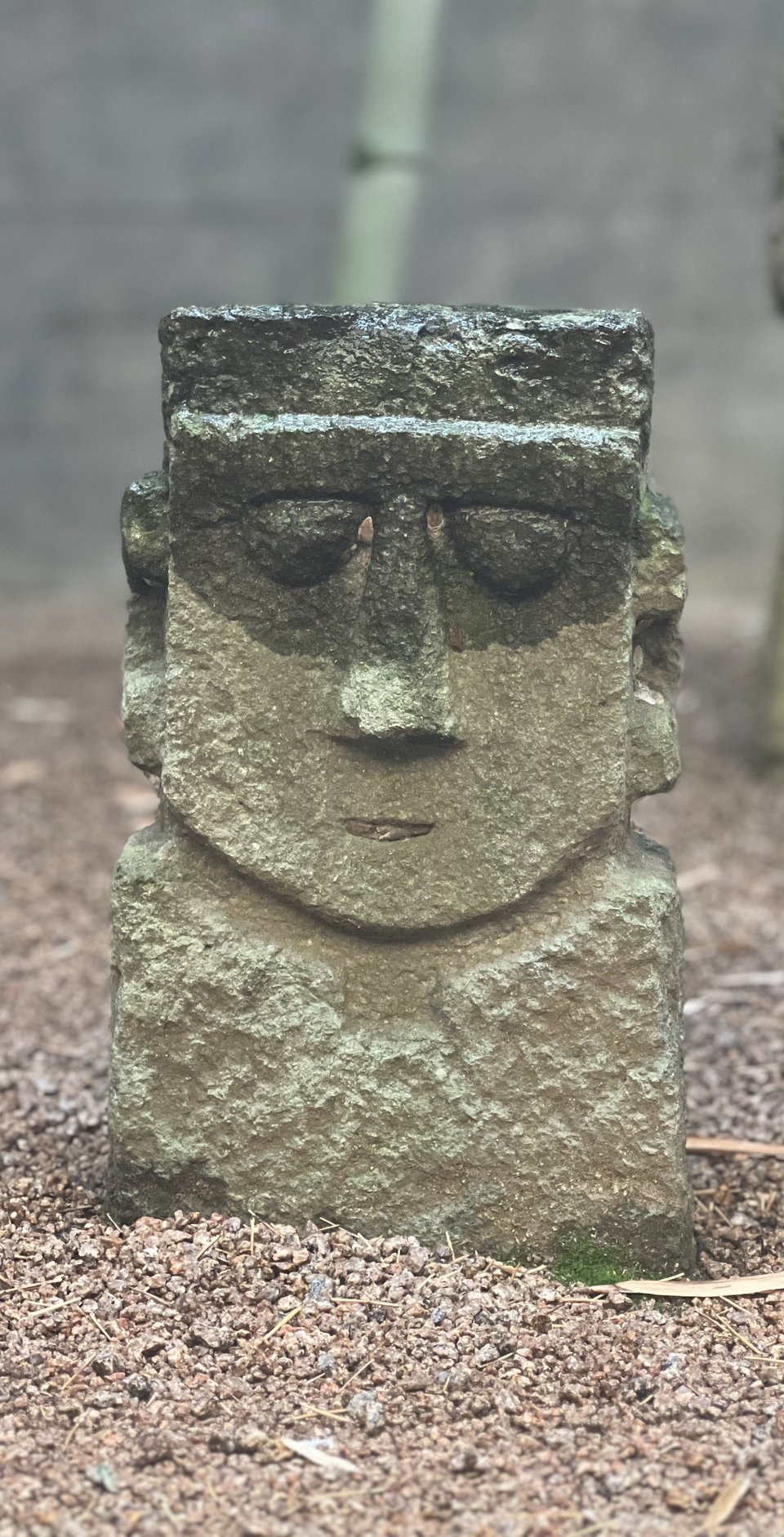Are you listening?

I always enjoy being around people and meeting with friends, both old and new. I particularly look forward to Fashion Week in Paris, where so many people gather in one place. Spending just one day in the Marais allows you to meet nearly all your acquaintances—it’s fantastic. However, most conversations are brief, and there's a constant level of distraction, with everyone rushing to their next show or party. Over the past few years, I've realized that I enjoy these interactions less and less. It’s not about the people—I like everyone I see—but rather the experience itself. It feels more stressful than enriching to have numerous short chats in a limited time. No one really listens to each other and we are bombarded with countless pieces of information and viewpoints. Do we have a filter to sift through these, or do they all demand our attention equally? The noise of external opinions can drown out our internal voices, making it hard to focus on what truly matters. Unlike our eyes and mouth, we can't close our ears to block out unwanted sounds.
The contrast between the quiet Black Forest countryside and the noise of a city like New York couldn’t be any bigger. In the countryside, the silence can be almost eerie and unsettling for those used to the constant noise of urban life. In New York City, the noise is relentless: helicopters overhead, the hiss of heaters, and the ever-present roar of traffic and people. During the COVID-19 pandemic, this contrast became most apparent, as normally noisy streets turned into silent avenues. I remember how my body winced when a huge truck passed me on Delancey Street for the first time after months of calm and quiet streets. As the city gradually came back to life post-COVID, I began to realize the impact that the undefined, often chaotic noise had on my sleep and stress levels.
Structured sounds of music, on the other hand, can have a calming effect. Elements of music such as melody, vocals, bass, and rhythm engage us on multiple levels. We don't just listen with our ears; my body's reaction to the loud truck that day demonstrated this. Similarly, our bodies react to vibrations and experience the emotional impact of each musical note. During my last trip to Los Angeles, I sat in a room with speakers for hours trying to listen consciously and carefully to every detail of the music. It’s like an exercise in focused listening, allowing us to become aware of intricate details that we might otherwise miss.
There is a profound difference between merely hearing and truly listening. Listening requires being fully present and attentive to the speaker, setting aside our distractions and preconceived notions. To truly listen, one must resist the urge to formulate responses or judgments while the other person is speaking. Instead, focus entirely on understanding their message. This form of active listening is indeed challenging but incredibly rewarding, allowing for deeper connections. Listening is hard because it demands more than just our ears. In a world filled with noise, learning to listen can help us find clarity and connection. Whether in the quiet countryside or the bustling city, in music or daily conversations, the art of listening is a skill worth cultivating.